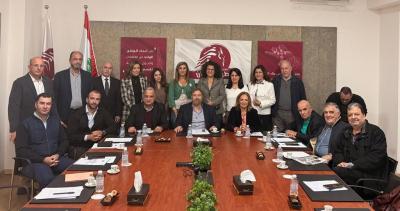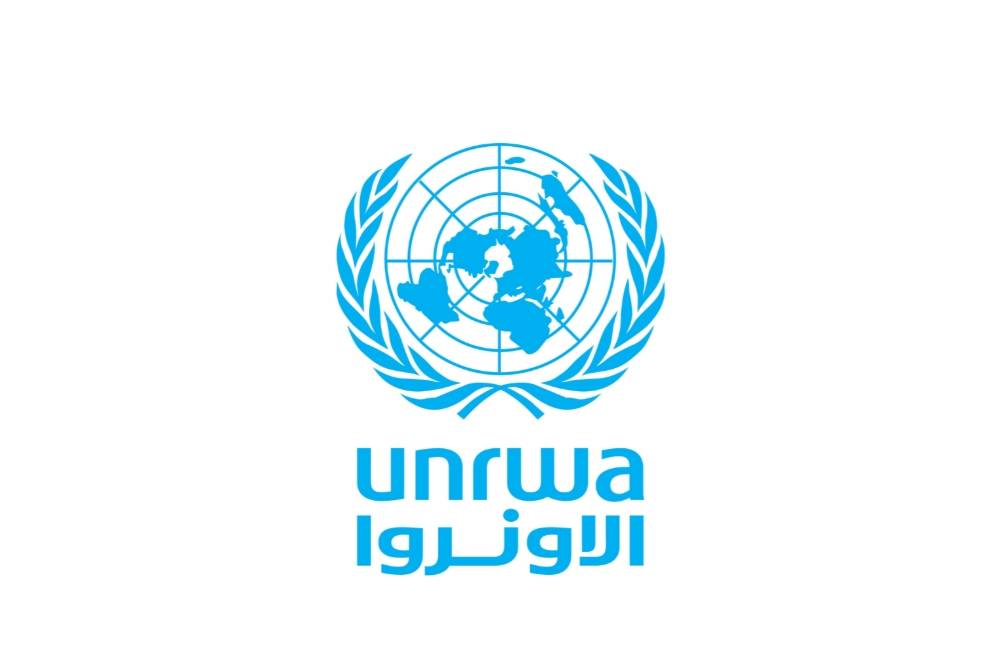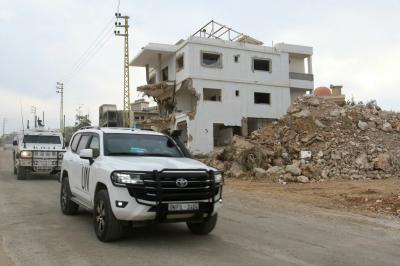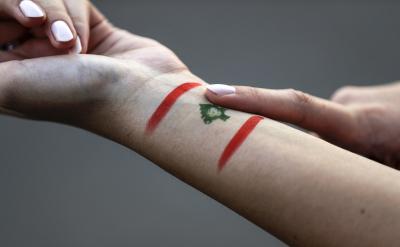Many wonder about the relationship between the United Nations and Palestinian refugees, and the answer to this question is UNRWA. But who are they and what is their impact on these refugees? To be able to reveal the answers we should start by going back to the Nakba in 1948.
The literal translation of Nakba in Arabic is catastrophe, and it is in fact the start of a catastrophe that birthed years of Arab-Israeli wars in the Middle East that Arabs still suffer from to this day. In 1948, the Zionist forces began their occupation of Palestine, leading to the displacement and exile of 700,000 to 900,000 Palestinians. After securing the British government's support for the construction of a Jewish state in Palestine in 1917 according to the Balfour Declaration, the State of Israel was declared on May 14, 1948, as the British Mandate ended, initiating the first Arab Israeli war.
Before introducing UNRWA, we should start by defining the United Nations as an entity. In the aftermath of World War II, the United Nations was established in 1945 as a means of mitigating international tensions, fostering civil rights, and reducing the risk of future large-scale wars. The United Nations includes, in addition to the UNGA and the UNSC, several funds, programs, and specialized organizations, each with its own field of operation, leadership, and budget. The 6 programs and funds are supported by voluntary donations rather than assessed payments. The 15 Specialized Agencies are self-contained international organizations that are supported by both voluntary and assessed contributions. The United Nations organizes its operations with 9 UN system institutions including UNRWA, that collaborate with the Organization to assist and achieve its objectives.
With a big number of Palestinians fleeing their land to their neighboring countries, the United Nations Relief and Works Agency for Palestine Refugees in the Near East (UNRWA) was established as a subsidiary organ of the United Nations General Assembly and went into operation on May 1, 1950. Since its inception over 70 years ago, the Agency has played a critical role in providing key services for the well-being, human development, and protection of Palestine refugees, as well as the reduction of their suffering, until a just settlement of the Palestine refugee dilemma.
The UNRWA purpose is to assist Palestinian refugees in reaching their highest human development potential despite the harsh conditions in which they live, in accordance with internationally approved goals and standards. To that end, the Agency provides a wide range of critical services to Palestinian refugees in the Gaza Strip, the West Bank, Jordan, Lebanon, and Syria, all within the context of international norms. UNRWA is unusual among UN entities in that it provides services directly to clients. The Agency's mission is to offer refugees with education, health, relief, and social services, microfinance and emergency aid, protection, infrastructure, and camp improvement services. UNRWA services are provided in line with the humanitarian principles of humanity, neutrality, fairness, and operational independence established by the United Nations.
UNRWA provides services in 12 refugee camps in Lebanon, 8 in the Gaza strip, 19 in the West Bank, 12 in Syria in addition to 10 in Jordan.
In the matter of helping these refugees, UNRWA offers its support through schools, primary health facilities and social safety net that consists of food assistance and cash-based transfers. When it comes to schools and health facilities, UNRWA has 64 schools and 27 primary health facilities in Lebanon, 183 schools and 22 primary health facilities in the Gaza strip, 96 schools and 43 primary health facilities in the West Bank, 102 schools and 23 primary health facilities in Syria and 169 schools and 25 primary health facilities in Jordan.
The bipolarity of other countries' funding is not a new obstacle to UNRWA.
The bipolarity of other countries' funding is not a new obstacle to UNRWA.
In UNRWA’s 2021 report regarding their funding, it was supported generously by UN member states, including regional governments and the European Union. However, things took a turn after the 7th of October 2023. Switzerland Parliament's national council moved to cut aid to UNRWA, as the agency is recognized as a major humanitarian actor in Gaza and the region. Republican leaders in the US congress are attempting to push back against aid for UNRWA. Other countries stand with the Palestinians and have increased their aid to UNRWA. Indonesia has pledged to triple its contributions to the UN relief agency for Palestine and strengthen global solidarity with the Palestinians and King Salman Humanitarian Aid and Relief Centre provided US$15 million to support UNRWA in the Gaza Strip. In addition, there’s also more cuts and increase in aids set by NGOs and other donors.
Since the 7th of October over 130 confirmed UNRWA staff, predominantly with their families, have been killed by Israeli bombings and more than 80 U.N. facilities in the Gaza Strip have been hit.
Since the 7th of October over 130 confirmed UNRWA staff, predominantly with their families, have been killed by Israeli bombings and more than 80 U.N. facilities in the Gaza Strip have been hit.
The Commissioner-General of the United Nations Relief and Works Agency for Palestine Refugees (UNRWA), Philippe Lazzarini, stated that "Israel" is assisting large-scale displacement of Gaza Strip people towards Egypt over the border. Where he stated "The developments we are witnessing indicate attempts to transfer Palestinians to Egypt, regardless of whether they reside there or are resettled elsewhere."
Israel's representative to the United Nations urged the international community to defund the UN agency for Palestinian refugees and their descendants “The international community, which generously finances UNRWA, must immediately suspend the budgets assigned to the agency.”
Please post your comments on:
[email protected]
 Politics
Politics














